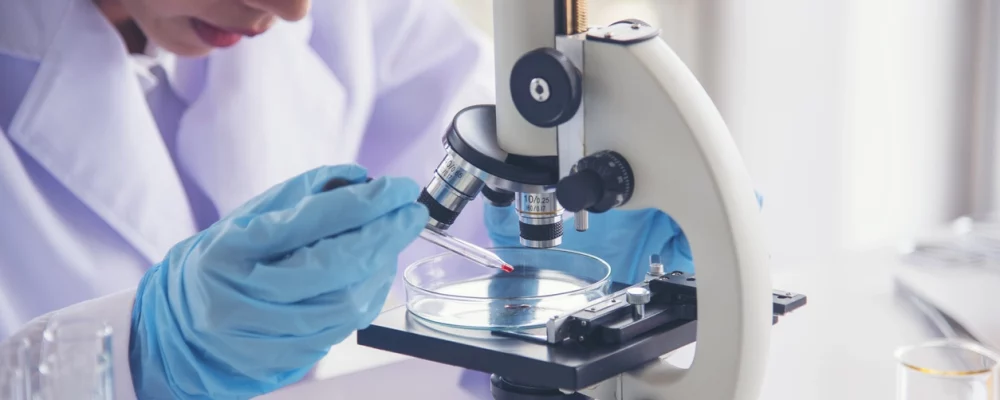Celebrating 20 Years in Business

Case Study:
HCRS Conducts Liver Cancer Feasibility Study
Challenge
Between 1995 and 2003, 330 liver cancer cases were identified within 14 zip codes around San Antonio’s Kelly Air Force Base by the Texas Cancer Registry (TCR). The residents suspected potential environmental conditions, such as groundwater contamination, contributed to the elevated risk of liver cancer cases. While previous studies found no significant correlation between environmental factors and the increased incidence of cancer, many residents remained unconvinced.
The San Antonio Metropolitan Health District wanted an independent evaluation of this concern, so it contracted with Healthcare Resolution Services, Inc. (HCRS) to determine whether there was enough evidence to draw conclusions. HCRS was contracted to conduct a Liver Cancer Feasibility Study for the San Antonio health district.
Key Strategies
• Developed a team with the environmental epidemiologist, and project management knowledge, to assess these public health and environmental concerns.
• Communicated genuine concern to a wary group of citizens, and incorporated their input into the study design.
• Worked successfully with appropriate government agencies, including the TCR, local health systems and private physicians’ offices.
• Respectfully approached affected families, adhering to Health Insurance Portability and Accountability Act (HIPAA) and recognizing cultural diversities, health and educational disparities.
• Developed effective two-way communication strategy for all constituents and stakeholders throughout the process.
• Presented study findings to the citizenry with a full explanation from an expert who communicated highly technical and statistical information to a lay audience within the timeframe and guidelines specified.
“We’re very pleased with how professional HCRS has been. It’s been a very positive experience. We’ve made a lot of changes, and they’re very adaptable. Their subject matter expert is fabulous, and I appreciate how the project manager has stayed on top of it all.”
–Melanie Rodriguez, Epidemiologist with the San Antonio Metropolitan Health District
Solution
HCRS, Inc. and its renowned environmental epidemiologist, Dr. Timothy Aldrich, designed the study with input from the San Antonio Metropolitan Health District and residents in the affected community.
HCRS actively sought input from residents in 14 affected zip codes through community meetings. HCRS promised to answer not only the questions posed in the health department’s statement of work, but to answer residents’ questions about other cancer concerns.
HCRS demonstrated flexibility in its execution of the plan when it was decided that the Texas Cancer Registry would provide case information for deceased patients and physician contact information for living patients.
HCRS developed a detailed protocol with a valid methodology for the study. “I was impressed because we didn’t expect any responses to our RFQ to already have a project proposal written out so detailed,” explained Melanie Rodriguez, epidemiologist with the health district’s Public Center for Environmental Health.
HCRS’ regional office in San Antonio helped coordinate outreach activities and served as a visible base for the community.
All communications and study instruments were developed in English and Spanish to accommodate the language preference of the population studied. Likewise, bilingual interviewers conducted verbal interviews in the subject’s preferred language.
HCRS also met the criteria of the Texas Departmental of State Health Services Institutional Review Board, which evaluates study protocol, design, methodology as well as ensure that the rights of patients are being preserved.
Results
• Conducted more than 200 calls to interview patients, family members, pilot study participants, final instrument volunteers as well as to validate case addresses.
• Performed random sample of 10% of individuals who indicated interest in participating in pilot instrument.
• Seventy-two people contacted HCRS to volunteer for the final instrument.
• Worked with 12 area health systems to validate patient medical records and seek physician consent.
• Nearly 20% of living cancer patients, as identified by the Texas Cancer Registry in its 1995-2003 study period, participated in the final survey. Contract Period: 2004-2024 Special Item Numbers: SIN 874-1 Consulting Services